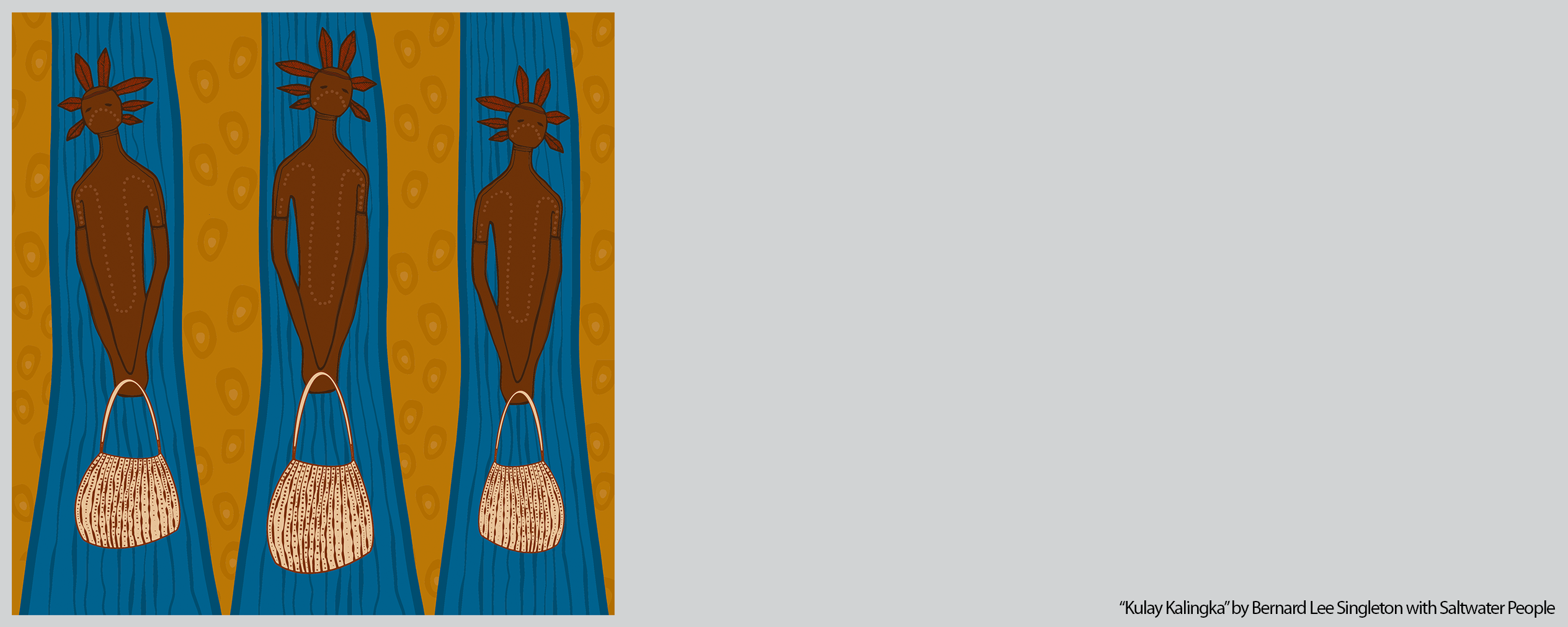We acknowledge the traditional owners of country throughout Australia, and their continuing connection to land, sea and community. We pay our respects to them and their cultures, and to elders both past and present.
Kulay Kalingka Study Report

Yardhura Walani, supported by Cancer Australia, is proud to release the Kulay Kalingka Study report. The report provides new data on cancer attitudes, beliefs and experiences from an Aboriginal and Torres Strait Islander perspective.
Over 2,000 adults participated in the study and answered questions about beliefs, attitudes, and experiences of cancer. This included experiences of receiving care and treatment, having a diagnosis of cancer, and family and kin support.
The report supports the national efforts of the Australian Cancer Plan to improve health outcomes for Aboriginal and Torres Strait Islander people with cancer.
About the data
The findings from the Kulay Kalingka Study are new and provide valuable information about the experiences of the people who participated in the study. Aboriginal and Torres Strait Islander peoples are diverse and have different experiences of cancer. The statistics provided in the report apply only to the participants of the Kulay Kalingka study and cannot be generalised to the broader Aboriginal and Torres Strait Islander population.





